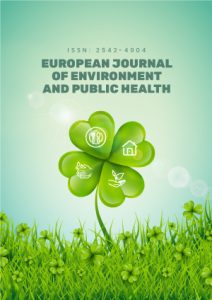In February, David Allison came across a study with a familiar problem.
The authors of the study purported to show an educational program helped women lose weight, but they had not directly compared the treatment and control groups. Instead, they’d used a statistically invalid method to compare changes within the groups.
Allison, the dean at Indiana University’s School of Public Health in Bloomington, along with researcher Luis-Enrique Becerra-Garcia and other colleagues, in July submitted a critique of the study to the journal that had published it. Four days later, Nauman Khalid, the journal’s editor in chief, wrote to the study’s lead author.
“I got excellent feedback from Dr. Becerra-Garcia,” Khalid wrote. “According to their analysis, the statistical tool that you used in your research is wrong and not well-validated.”
Now, after a lack of adequate response from the authors, the study will be retracted, according to Khalid.
Continue reading ‘Prompt and decisive’: Editor says obesity study will be retracted after critique







